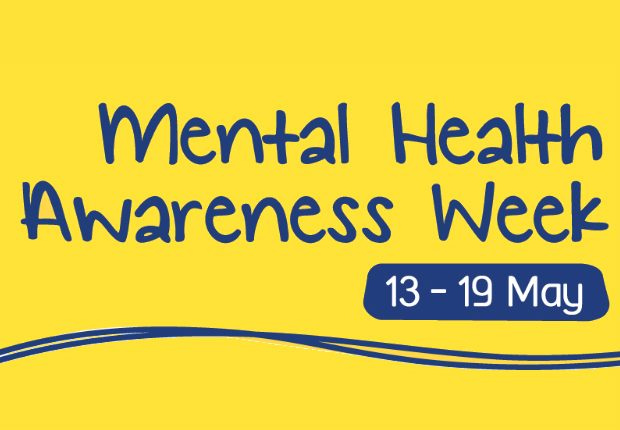
One of my most vivid memories is walking into a hospital ward to see my dad handcuffed to the bed. He had attempted to commit suicide. I can’t remember how old I was exactly - perhaps 7 or so - but I know this was the attempt that would lead to his diagnosis with Bipolar Disorder. A diagnosis that would not only define his life but mine too. Since that point, we have cycled through his manic episodes as a family, episodes can which last months at a time. When I lived at home this meant witnessing daily self-harm and destructive behaviour and almost always culminating in a botched suicide attempt and him being sectioned.
During many of these episodes my dad is unable to work or look after himself and throughout much of my life my role has been to come in to support him while my mum has worked to keep our afloat. Maybe Stephen Fry and Mariah Carey can afford to have Bipolar, but that is not the case for the vast majority of people living with the condition. It is a challenging responsibility to have to ‘parent’ your own parent as a child, and its one that makes you grow up quickly.
In August 2016, my dad made his most serious suicide attempt to date. He was found in his car by a passing lorry driver minutes from death. Over the years caring for him had taken a massive toll on us all, and his actions that night broke both him and my mum emotionally. The NHS discharged him to our care just 48 hours, and we have spent the years since trying to pick up the pieces. For me, that has meant balancing that responsibility with the challenges of the Fast Stream.
To his credit, my dad has worked hard on his mental well-being over the last 2 years, and the manic episodes have not been so severe But maybe it’s because he knows now that if he attempts suicide again we might not be able to pick up after him – the ability for family and friends to support someone with bipolar is not necessarily limitless
It’s not just my dad’s mental health that matters. My mum is very isolated and has suffered from insomnia as long as I can remember. In response to my dad, my brother shut himself down emotionally and has little contact with us. I personally also suffer from severe anxiety and panic attacks. And yet the support for everyone affected is not yet easily accessible. When all this was raised with my dad’s psychiatrist recently they said that they ‘hadn’t thought about the impact on the family’, which is almost more ridiculous than the appalling standard of care he’s received over the years.
It’s true that mental health can ‘get worse, before it gets better’, but the cliché ‘it’s a marathon not a sprint’ also applies. We can have all the platitudes in the world about mental wellbeing, but at the end of the day they’re just words. What really counts is the action you take to look after yourself and the people around you, even when the support isn’t readily available.
Counselling, medication, self-care, asking for help: none of these things are easy, but in my experience that’s not a good enough reason not to bother. I’m currently trying all of them whilst trying to juggle being a fast streamer, sport and a social life.
While there is much further to go with the support available for people in situations like mine, there is help out there. Some avenues of support I’ve found helpful have been:
- Seeking out counselling from charities who often have specialist counsellors for difficult/sensitive issues
- Working with my GP to find the right medication for me, not necessarily the most commonly prescribed one
- Finding a supportive local network, for me it is my friends who I met through Meetups when I relocated and my rugby team
- Talk to your Cohort Leader to see if there’s any support the Fast Stream can provide
- Practical hobbies like crochet or learning the guitar, I’m not great at either yet, but it works for me better than things like mindfulness. Plus you have something to show for it!
1 comment
Comment by Jodie posted on
Thank you for writing this blog. Mental ill health and suicide really impact on those who are close. You give some great examples of support and I’d also recommend this training from the Zero Suicide Alliance - https://www.relias.co.uk/hubfs/ZSACourse3/story_html5.html?utm_source=Relias&utm_campaign=Training-Landing-Page. It gives practical ways to give you the confidence to talk to someone who you think might not be safe.